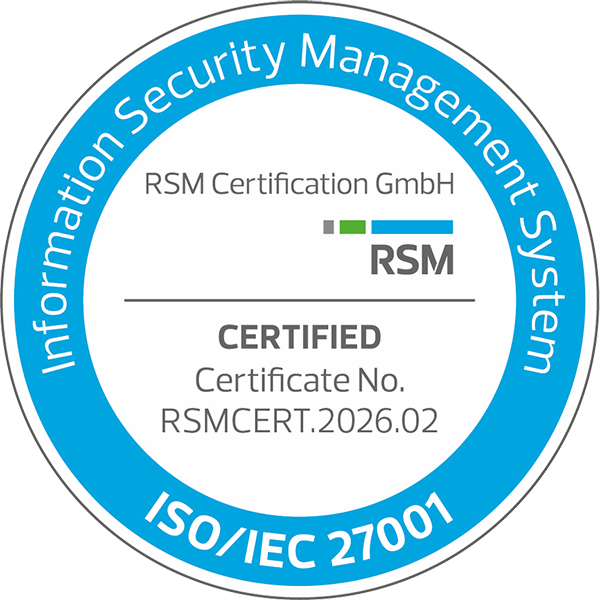Translated into software, Enterprise Content Management describes all methods, tools and techniques for capturing, creating, editing, managing and storing content and documents in electronic systems. The concept dates back to the late 1990s and has matured well over the last few years.
What is ECM?
The main aim of ECM is to structure the potpourri of data and document types (Office documents, PDFs, incoming invoices, JSON, XML, etc.) prevalent in companies and to bring them together and make them available in a data flow. The aim is to achieve a better overview, easier traceability and greater efficiency in collaboration.
Why Enterprise Content Management?
To achieve this, modern enterprise content management supports all processes for data and document organization in the company and enables the following tasks:
- capture: collecting and digitizing documents and data.
- storage: secure and structured filing of content.
- management: organizing and classifying content, often with metadata.
- automation: use of workflows to increase efficiency.
- analysis: evaluating content to gain insights.
ECM helps companies to manage their information overload, improve collaboration and ensure compliance with regulations. A central component of ECM is the document management system (DMS).
What is the difference between ECM and DMS?
Enterprise content management (ECM) and document management systems (DMS) are concepts that arose from the need to efficiently manage the increasing volume of digital and physical documents and data in companies. The difference between ECM and DMS lies in their scope and area of application. This is already reflected in the name.
- Enterprise Content Management is a comprehensive approach to managing all types of company content. ECM includes not only the management of documents, but also the management of web content, digital media, data from business processes and records. The goal of ECM is to increase the efficiency and productivity of a company through the centralized management and automation of content.
- Document management systems, on the other hand, focus mainly on the management of documents. DMS systems offer features for capturing, storing, managing and archiving documents throughout their entire life cycle. The focus here is on organizing and quickly accessing documents in order to optimize work processes. The document-oriented approach of DMS systems results in the option of specialization as a specialist application, e.g. for contract management.
Summarized:
- ECM: Includes the organization of content, documents, web content, digital media (audio/video) and business processes.
- DMS: Focuses mainly on the management of documents and their integration into business processes.
The state of enterprise content management
A quarter of a century later: ECM was set up to channel the content generated in companies and steer it in an orderly, comprehensible manner. And that worked wonderfully. However, new challenges have arisen in these 25 years: location-independent collaboration, other device classes (smartphones/tablets), content silos, etc., which cannot be solved by enterprise content management. This is the context and the birth of content services.
FAQ on Enterprise Content Management
Why is ECM important for companies?
A well-designed ECM solution significantly simplifies the capture and provision of content, its distribution and the archiving of content within the company. The right ECM software increases employee productivity. Standardized workflows can be completed more quickly, which leads to a noticeable reduction in operating costs. In addition, all required data and information is available anytime and anywhere thanks to mobile access to the ECM system, which further increases flexibility and efficiency.
What role does ECM play in companies?
The enterprise content management system integrates various software solutions into a comprehensive overall concept. APIs allow the functions of the individual solutions to interlock seamlessly and enable consistent workflows. All in one ECM system and without having to change applications. That is one of the major advantages.


